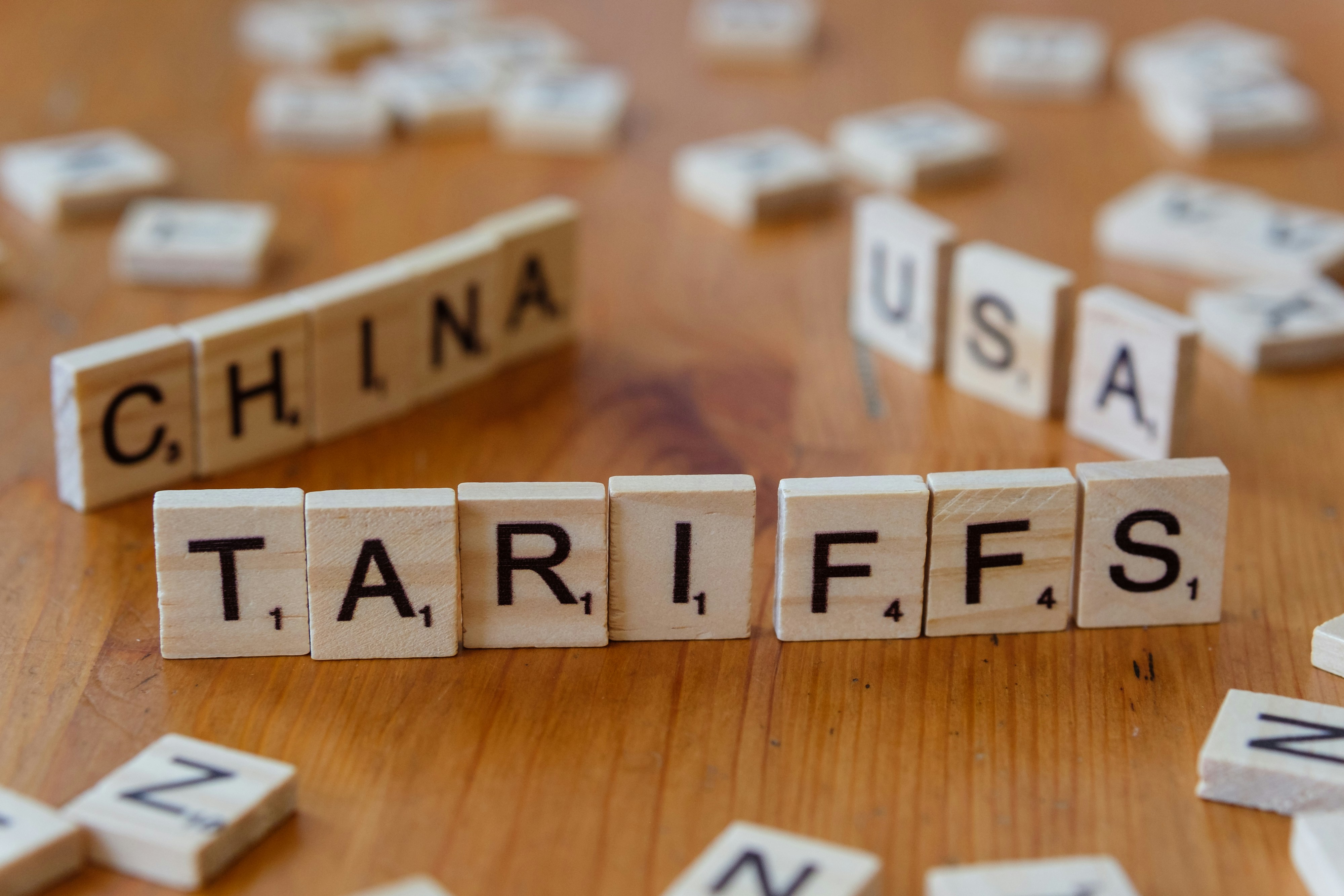US and China Agree to Slash Tariffs in 90-Day Deal

In a major step toward easing trade tensions, the United States and China have agreed to significantly reduce tariffs on each other’s goods for a 90-day period.
The agreement, brokered over the weekend in Geneva, was announced by U.S. Treasury Secretary Scott Bessent, who stated that both nations would slash reciprocal tariffs by 115%. This translates to the U.S. reducing duties on Chinese imports to 30%, while China lowers its tariffs on American goods to 10%. The new measures are expected to take effect on May 14.
The announcement led to a surge in financial markets, with S&P 500 futures climbing approximately 3% and the U.S. dollar reaching its highest point in a month.
“We want more balanced trade, and I think both sides are committed to achieving that,” Bessent said during a Monday press briefing in Geneva, adding that both countries are working to avoid economic decoupling.
The tariff dispute began in early April when the U.S., under President Trump, introduced higher tariffs on Chinese products. China quickly responded with retaliatory measures, escalating the trade conflict between the world’s two largest economies.
While the current agreement represents only an initial step toward a long-term resolution, it is viewed as a meaningful de-escalation of the ongoing trade war.
A joint statement from both sides confirmed the establishment of a trade consultation framework to prevent future tariff battles.
“These discussions may be conducted alternately in China and the United States, or a third country upon agreement of the Parties. As required, the two sides may conduct working-level consultations on relevant economic and trade issues,” the statement read.
Joining Bessent at the briefing, U.S. Trade Representative Jamieson Greer emphasized the speed of the negotiations. “It’s important to understand how quickly we were able to come to an agreement, which reflects that perhaps the differences were not so large as maybe thought,” Greer said.
He further noted, “The US has a massive $1.2trn trade deficit, so the president declared a national emergency and imposed tariffs, and we’re confident that the deal we struck with our Chinese partners will help us to work toward resolving that national emergency.”